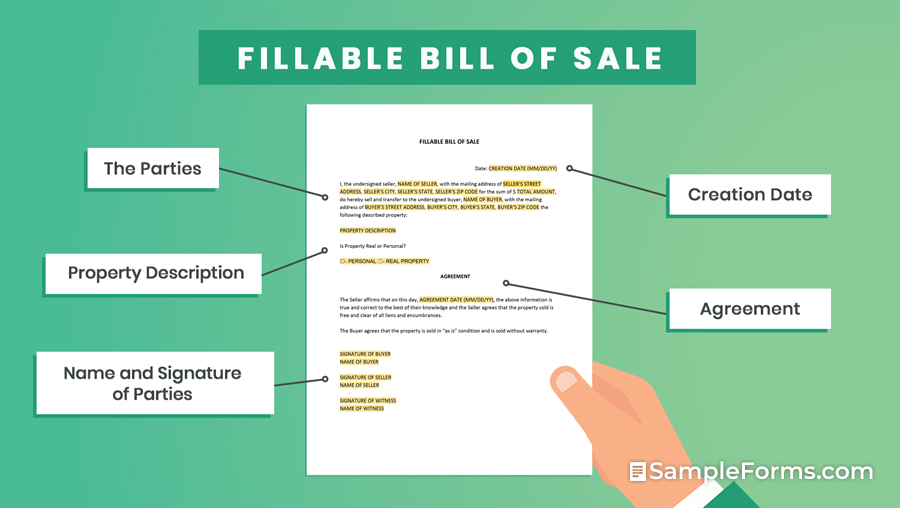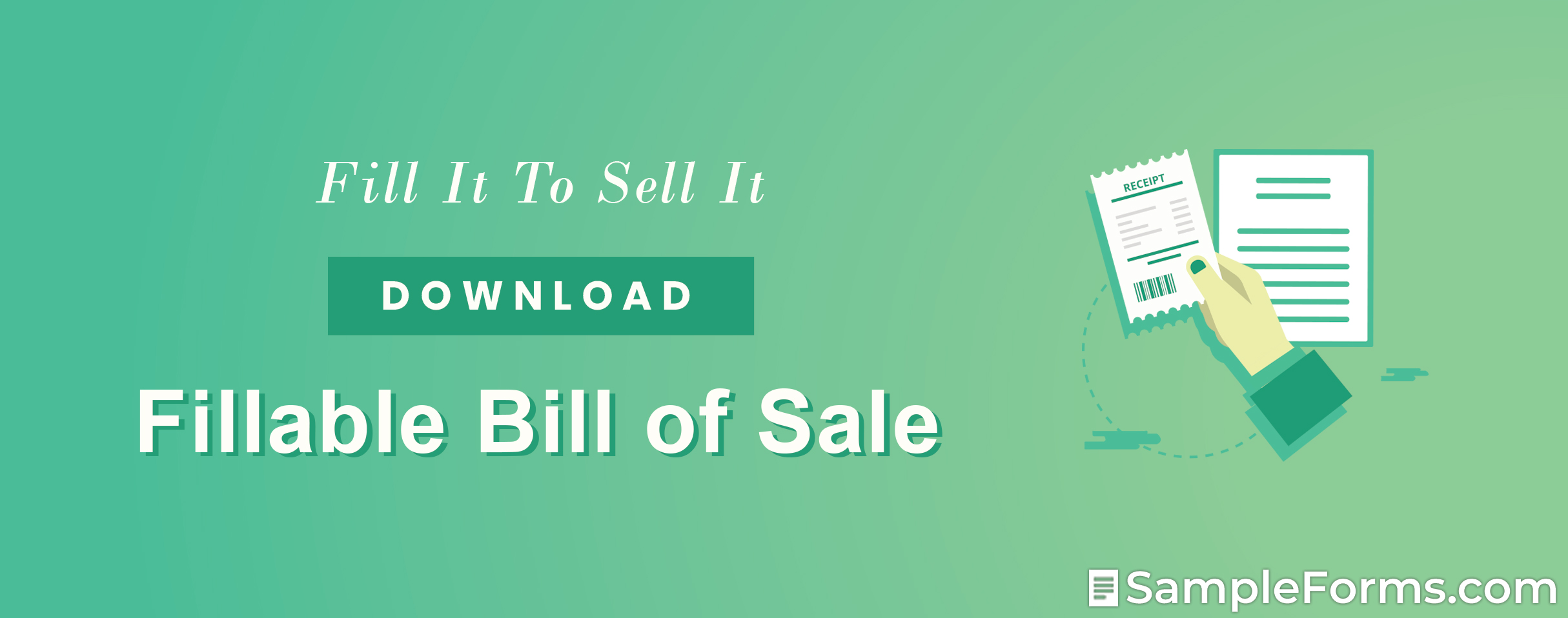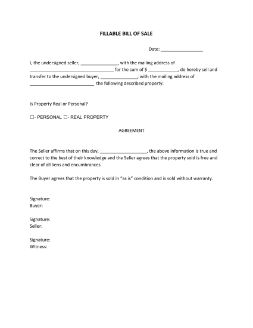- Eviction Notice Forms
- Power of Attorney Forms Forms
- Bill of Sale (Purchase Agreement) Forms
- Lease Agreement Forms
- Rental Application Forms
- Living Will Forms Forms
- Recommendation Letters Forms
- Resignation Letters Forms
- Release of Liability Agreement Forms
- Promissory Note Forms
- LLC Operating Agreement Forms
- Deed of Sale Forms
- Consent Form Forms
- Support Affidavit Forms
- Paternity Affidavit Forms
- Marital Affidavit Forms
- Financial Affidavit Forms
- Residential Affidavit Forms
- Affidavit of Identity Forms
- Affidavit of Title Forms
- Employment Affidavit Forms
- Affidavit of Loss Forms
- Gift Affidavit Forms
- Small Estate Affidavit Forms
- Service Affidavit Forms
- Heirship Affidavit Forms
- Survivorship Affidavit Forms
- Desistance Affidavit Forms
- Discrepancy Affidavit Forms
- Career Assessment - 16+ Examples, Format, Tips, Pdf Forms
- Undertaking Affidavit Forms
- General Affidavit Forms
- Affidavit of Death Forms
Request For Proposal – 37+ Examples, Format, Docs, Word, Pages, How to Write, PDF
After purchasing goods from the grocery store, you get a receipt of the goods that you bought, along with its total amount and taxes. Much is the same when selling a pre-loved item or equipment—this receipt is called a bill of sale. A fillable bill of sale is only issued after the sale. The payment has been made. Both parties get to keep copies of the legal document as their personal records. Continue reading below to get a background about a fillable bill of sale. Read More
Request For Proposal – 37+ Examples, Format, Docs, Word, Pages, How to Write, PDF
What Is a Fillable Bill of Sale?

A fillable bill of sale is a variant of legal document that can pass as a receipt that contains the description of the equipment or commercial property sold. It also entails the name and mailing addresses of both parties involved in the transaction. This bill of sale is an acknowledgement of the payment issued to the seller prior.
How to Write a Fillable Bill of Sale?
Before, you’ll have to rely on referrals or word of mouth to find a buyer. But now, with the help of different social media platforms, they’re one message away. According to Business 2 Community, 62% of US consumers shop at least once in a month. These are consumers with internet access at home. So, if you are searching for prospective buyers, it might be wise to put them up online, where you can use the fillable and printable bill of sale afterwards.
We have sorted out the most helpful tips to create your very own fillable bill of sale below.
1. Get to Know the Other Party
Like bogus sellers, bogus buyers are also lurking online awaiting their prey. They generate fake identities just for the sake of it. To certify that you are not wasting your time, ask for official identification records—that shows their name and mailing address. Government-issued identification cards will do.
It pays to be sure.
2. Identify the Property Being Sold
What type of property are you selling? Is it real or personal? Real estate property pertains to immovable property such as buildings and land, and personal property pertains to movable property that does not include buildings and land. Indicate it in the form and specify the particular property for sale, e.g., computer, boat, motorcycle, etc. Also, include distinguishing features of the said property such as their registration number, VIN, maker, year, model, colour, etc.
3. Indicate the Dates and the Amount Paid By the Buyer
The fillable bill of sale acts as a receipt of the property sold. So, indicate the date in which the payment was made and the amount paid. Make sure to document the exact amount paid by the seller and the payment method adopted (if applicable). Aside from signatures, dates also make the document legal, and they serve as a reference in the future.
You can also opt to have the property inspected with the buyer to ensure that the price you are setting is reasonable and just. Practice transparency with your present and future buyers.
4. Sign the Document
A legal document won’t be legal without the signatures of both parties. Sign the document at the bottom of the page with your names. Witnesses will also be required to sign the form to attest to the true identities of both parties. These witnesses must not be below 18 years of age. They need not understand the contents of the document—as long as they can witness the signing of the document and certify their identities, it’s all clear. You should also indicate the names below the signatures in a general bill of sale.
5. Check If Your State Needs a Notary Public’s Signature
Not all states require a notary public’s signature. Look up the list of states online that require a notary public’s signature before putting a notary public’s acknowledgement in the form. The fillable bill of sale should be signed in the presence of the notary public and the witnesses, and it should have the notary public’s seal. Expect to pay a notary fee.
Frequently Asked Questions
How can I create a receipt for a private sale?
The bill of sale acts as a receipt for a private sale—it should consist of the description of the property or equipment being sold, the price, the parties’ information, and their signatures. You will be required to have the notary public’s signature in some cases.
Can I print a bill of sale on my own?
Yes, you can. Several bills of sale forms are available online—you just need to fill in the necessary details about the transaction, and it’s ready for printing. Also, these bills of sale forms are crafted according to the property or equipment you are selling.
Where do I get a copy of a bill of sale?
You can get a copy of your bill of sale from your local Department of Motor Vehicles (DMV) then complete the said form with the buyer.
Is a bill of sale considered legal without notarization?
Yes, some states do not require a bill of sale to be notarized—though they may not be required, the industry generally recommends it. It’s because the notary public greatly discourages fraud, witness the signing of the document, certifies the identities of both parties, and the parties’ willingness and awareness of the contents of the document.
What happens if the seller fails to transfer the title?
According to It Still Runs, once the property is sold, the seller has to sign the certificate of title over to the buyer. If the seller fails to do so, the seller becomes liable for the property, and it leaves the buyer with no proof of ownership.
Items sold, verbal exchanges, substance abuse, and even physical assault all need evidence to stand in the court of law. These pieces of evidence will bolster the complaint against the suspect and will prove that the complainant is not bluffing. In this case, should complications arise in the future regarding property purchase, the bill of sale will carry out its job of protecting both the seller and the buyer.

